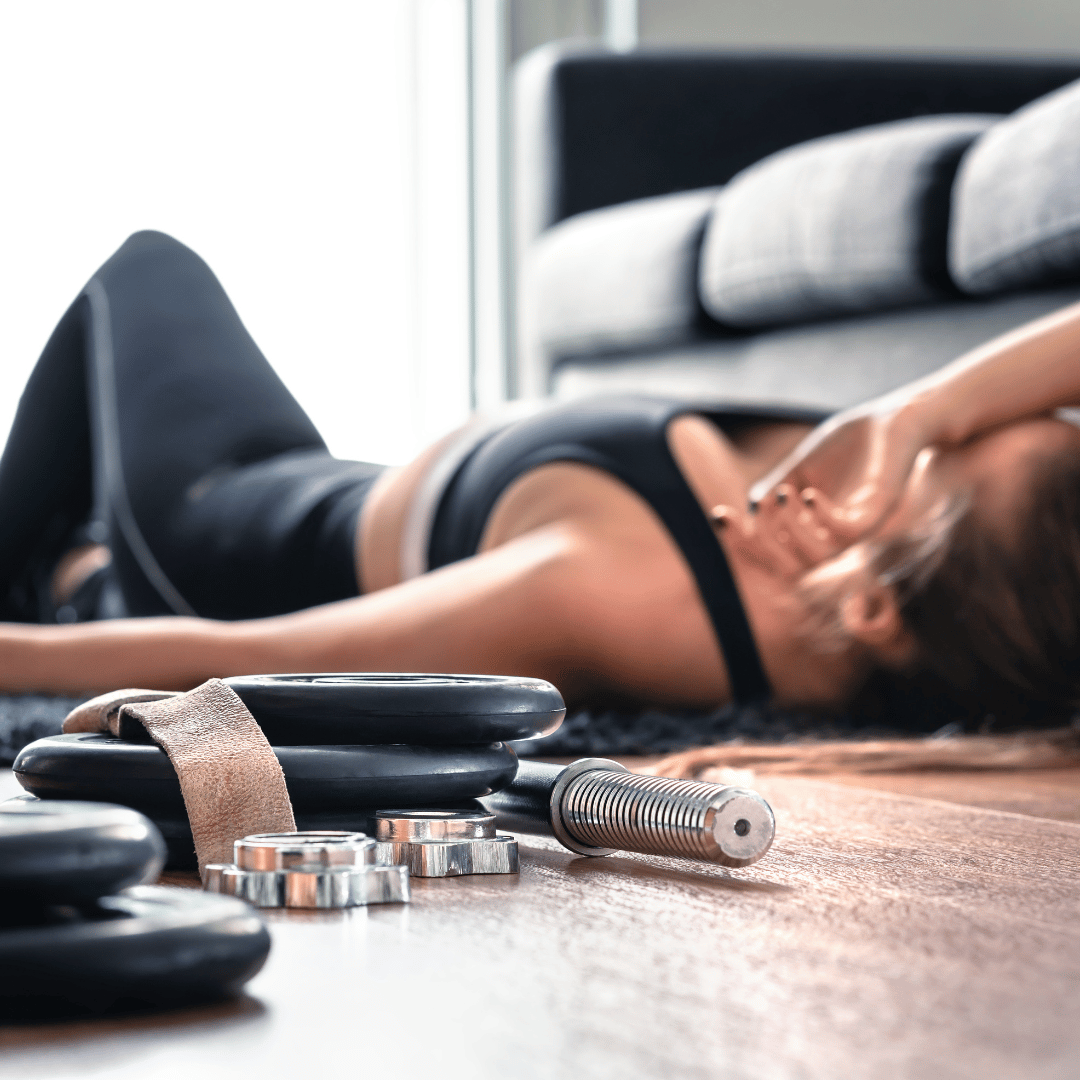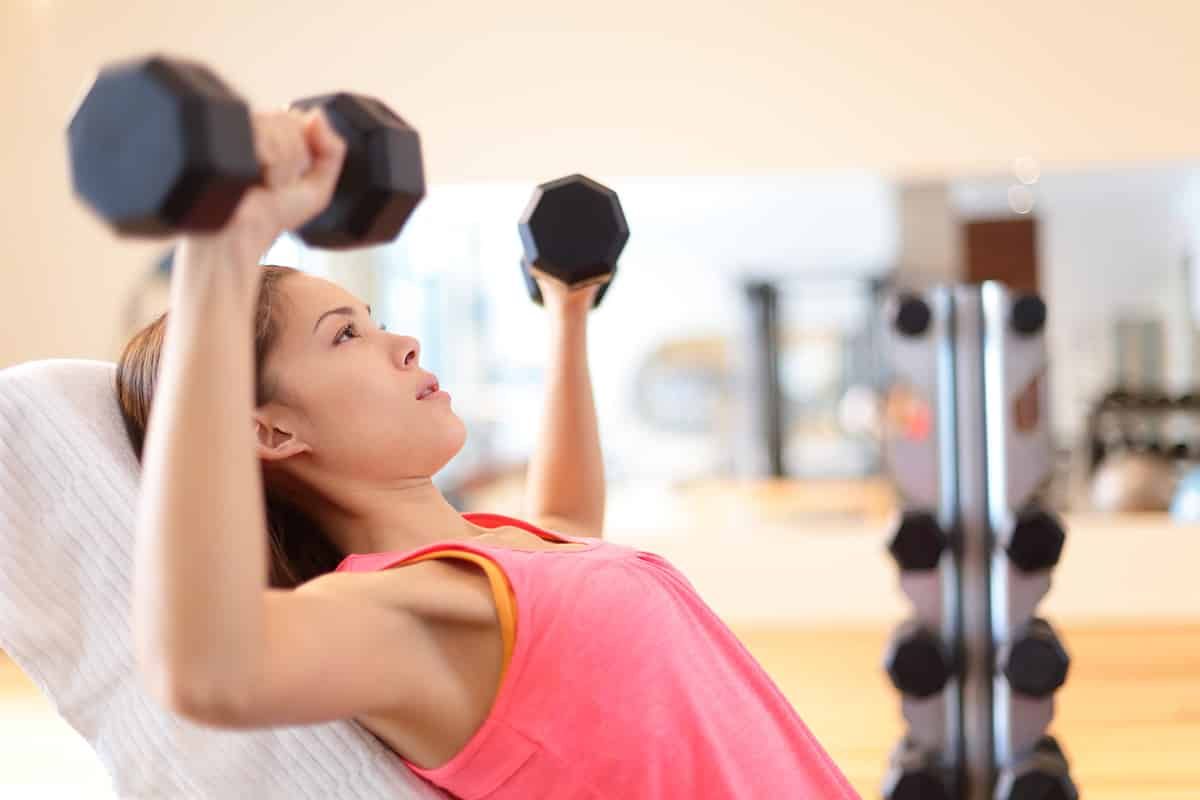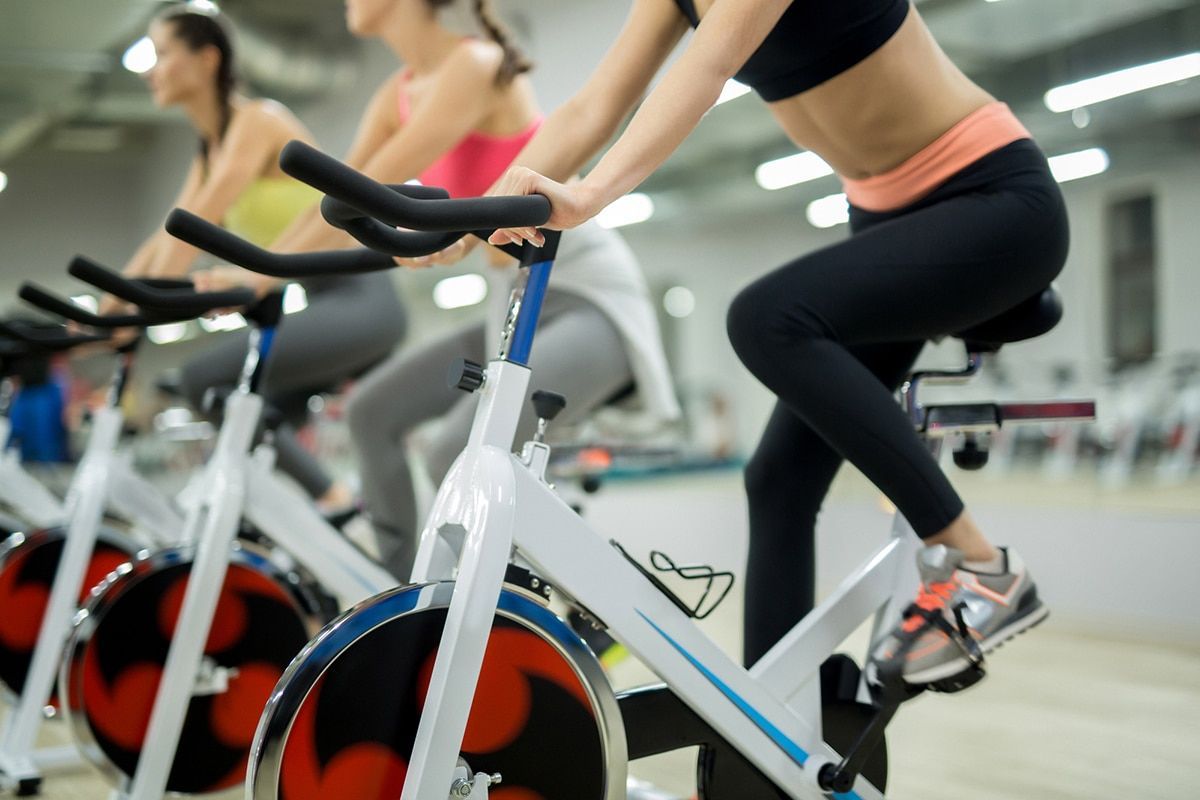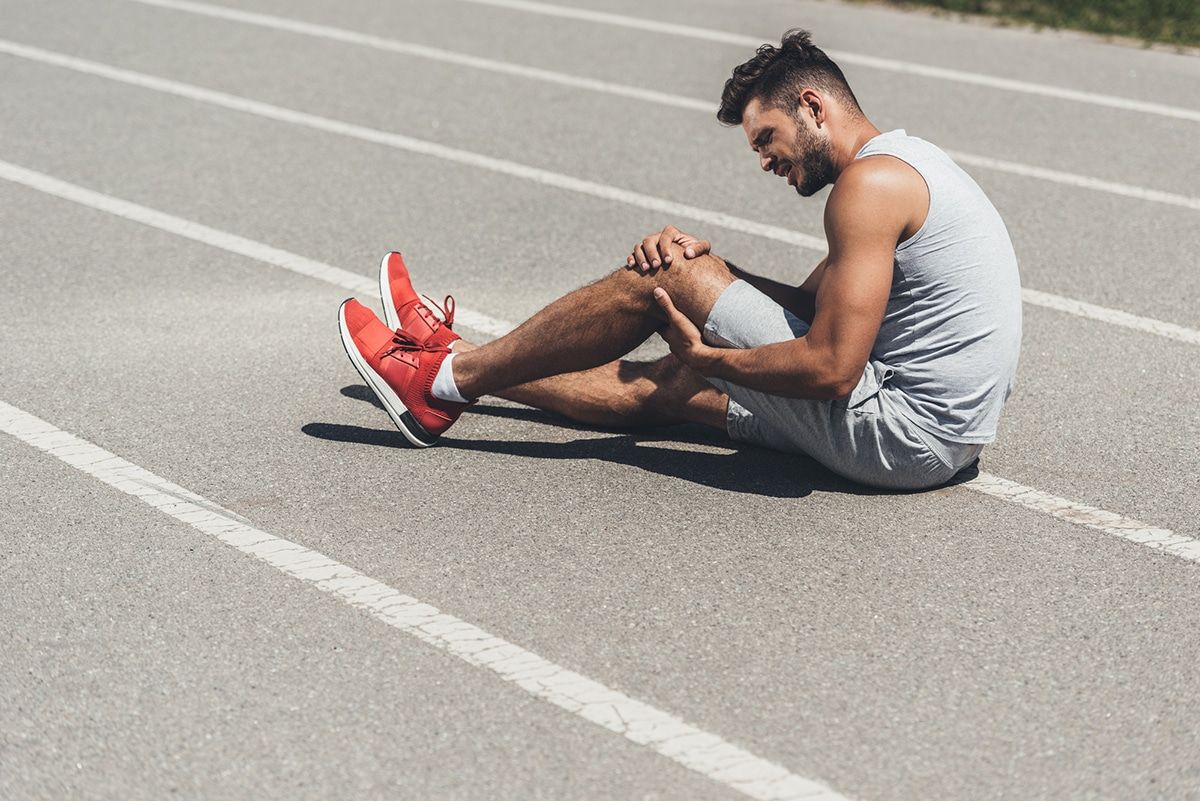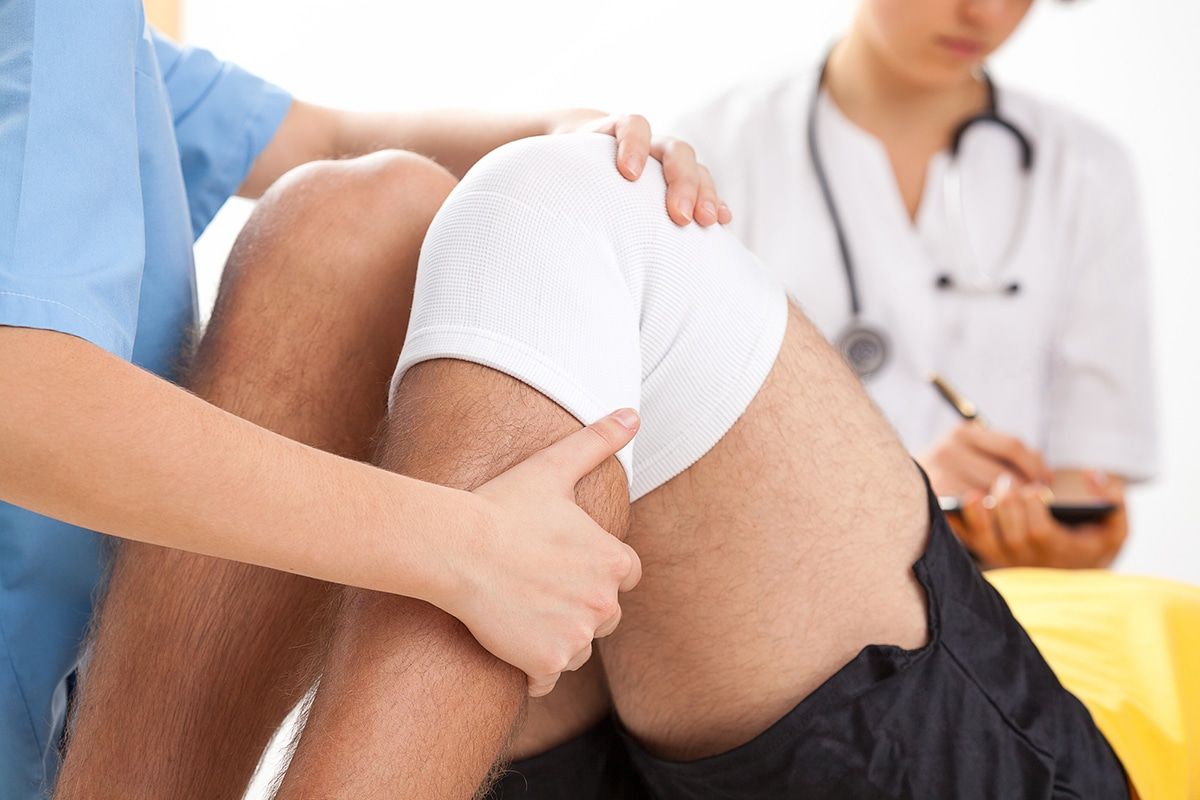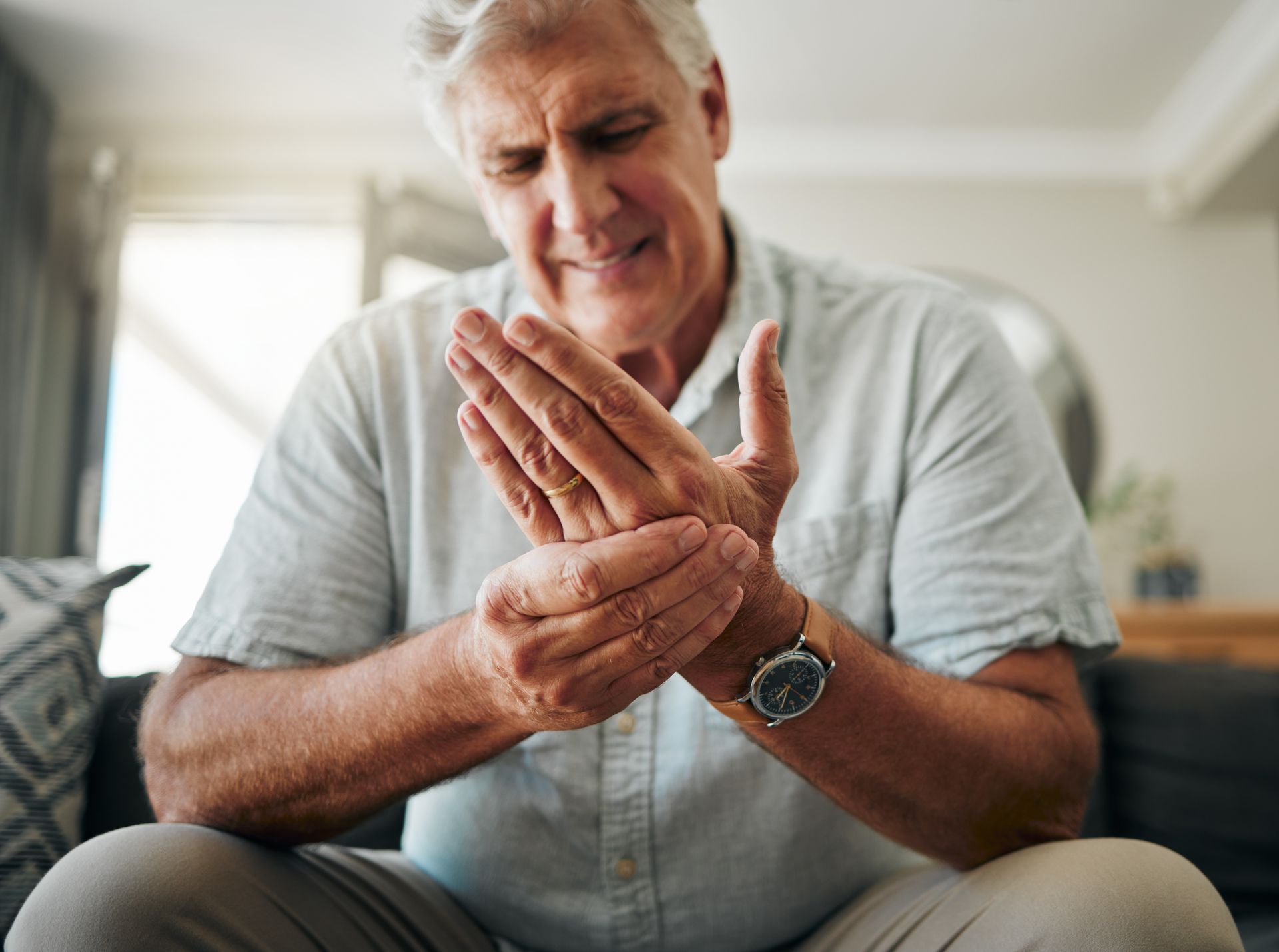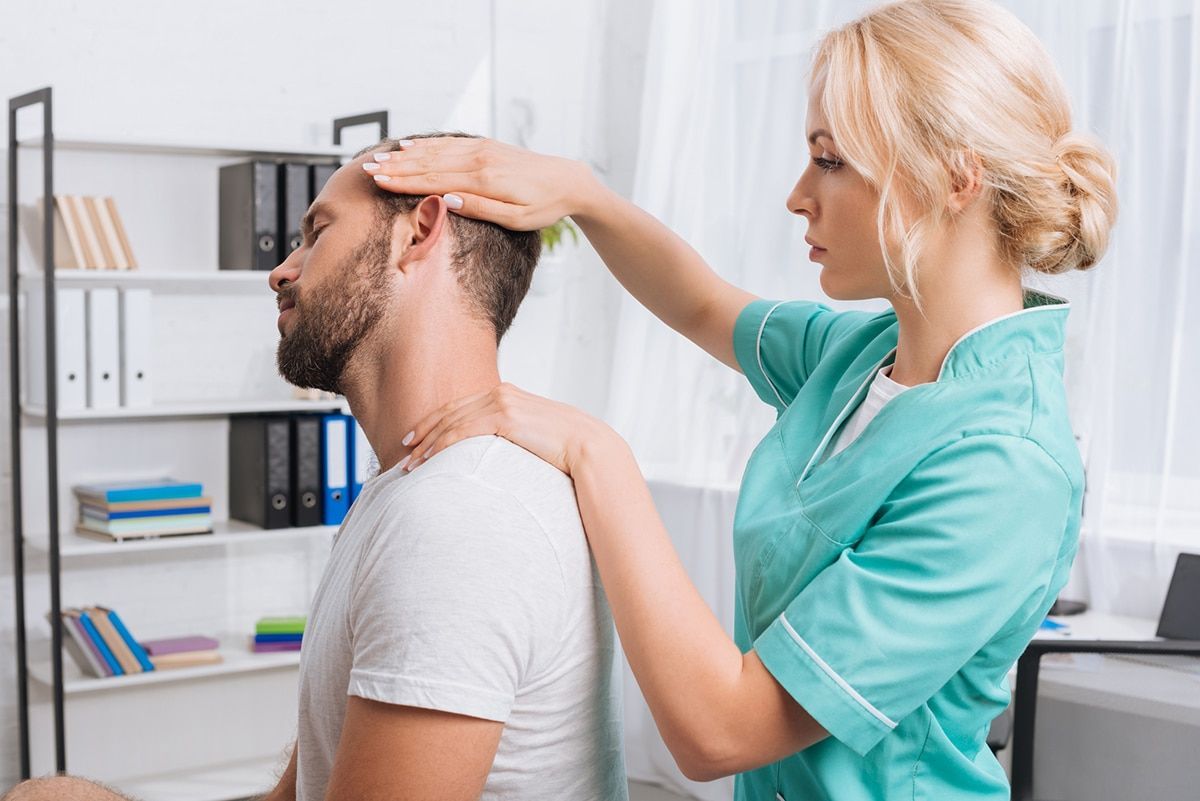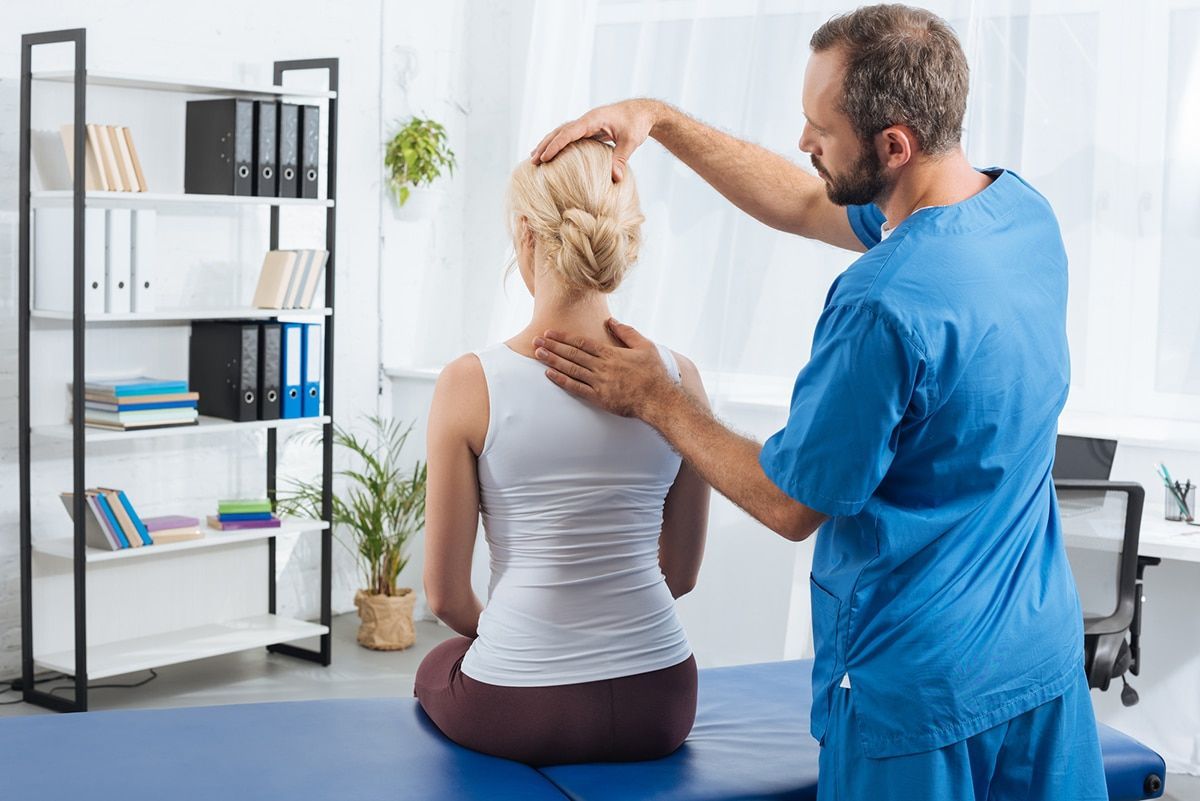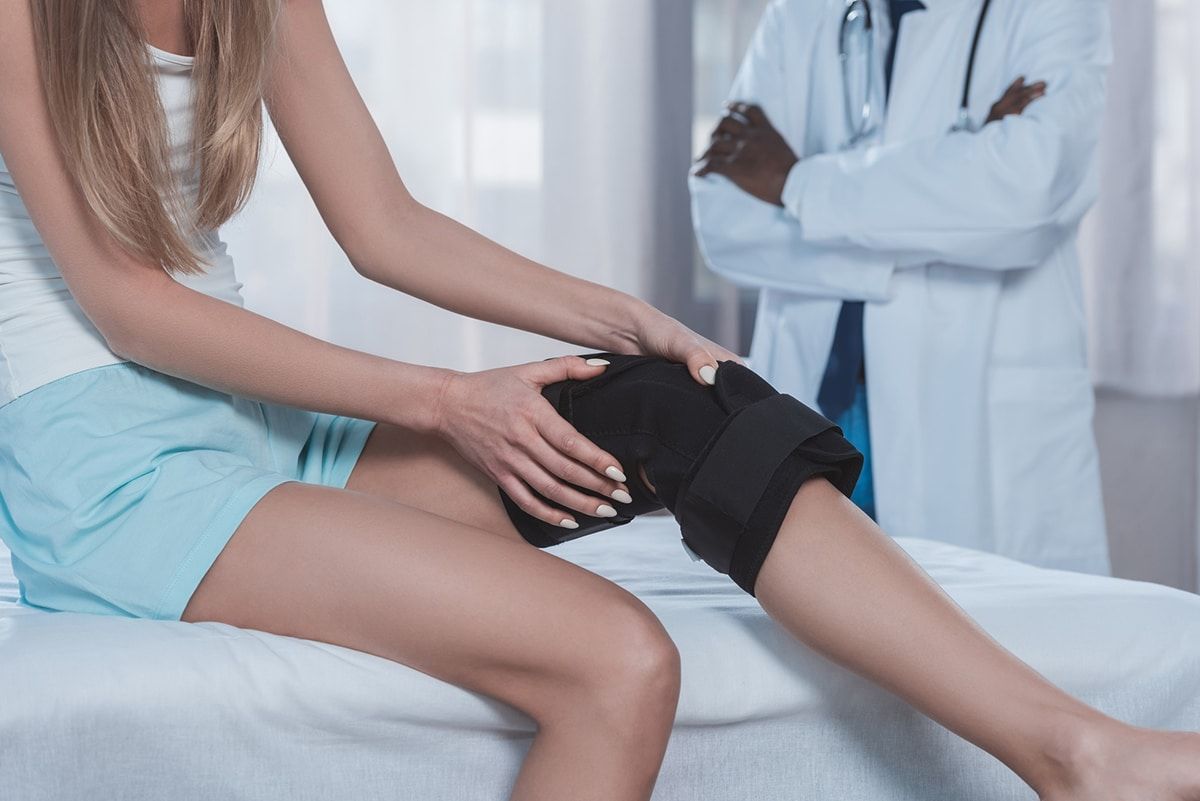How Important Is Sleep?
Poor sleep has become a prevalent issue that the US Centers for Disease Control, “…has designated insufficient sleep as a public health problem” (PTinMotion 2018). We can do all the exercises in physical therapy 3x per week, complete the home exercise program to get better, eat all the right foods to be healthy, drinking water to stay hydrated, but it can all go to waste if we are not giving our body the hours needed to recover.
Sleep is so important that it is the only element that connects all the human performance anchors (cognitive, physical, social, and emotional). It has a role in facilitating many functions such as alertness, reaction time, athletic performance, mood, and pain just to name a few (Marcello 2018). Evidence has shown that a lack of sleep has contributed to “…many health problems, including hypertension, cardiovascular disease, obesity, depression, and diabetes…” (Siengsukon et. al 2017). This is an area that can not be overlooked especially in our society where our health is not often a top priority. We will not be able to function as efficiently as possible and risk ourselves for further health problems if we do not improve our sleep hygiene.
Let’s look at some stats for more insight!
- Did you know that “Better sleep hygiene has been associated with improved sleep quality in college students and in patients with low back pain.” (Siengsukon et. al 2017)
- Collegiate basketball players showed a 9% improvement in free throw shooting accuracy and 3pt. field goal shooting accuracy after completing several weeks of extended sleep of at least 10 hours each night (Marshall & Turner 2016).
- Collegiate swimmers showed improvements of +8% in 15m sprint speed, +20% reaction time off the block, and +19% kickstrokes after obtaining 10 hours of sleep per night for several weeks (Marcello 2018).
- In adolescent athletes, those who had 6 hours of sleep or less were 1.7x greater for injury compared to those who obtained ≥8 hours of sleep
- There is a 30% chance of catching a cold when you sleep 5-6 hours compared to 17.2% for those who sleep > 7 hours (Marcello 2018)
How do we improve our sleep hygiene, here are several tips that you can start using today and improve your overall health:
- Figure out how many hours your body needs to feel re-charged and recovered. This is going to vary by individual, for some it may be 6 hours for others it may be 9. Know what works for you!
- Try to maintain a routine with your regular sleeping and waking hours.
- Maintain room temperature where you sleep.
- Have a notepad to write down ideas or thoughts that may be on your mind. Sometimes just putting what is on our mind on paper allows us to ease our stress.
- Avoid large meals prior to bed-time. Allow 3 hours for proper digestion.
- Avoid use of cell-phones, TVs, and laptops within 30 minutes of going to sleep to allow transition and instead spend the time quietly reading or completing light sustained stretches to improve flexibility.
Ask one of our physical therapists about how positioning can help your sleep quality, develop an appropriate exercise program for better health and wellness, and assist you with the proper education to improve life activities. Take action today on your sleep and implement a new strategy to continue to optimize your quality of life.
References:
- Catherine F. Siengsukon, Mayis Al-dughmi, Suzanne Stevens; Sleep Health Promotion: Practical Information for Physical Therapists, Physical Therapy, Volume 97, Issue 8, 1 August 2017, 826–836.
- Geoff J.G. Marshall, Anthony N. Turner; The Importance of Sleep for Athletic Performance. Strength and Conditioning Journal. Volume 38, Number 1, February 2016, 61-67.
- Brandon Marcello; Sleep: The Only True “Fix-All” of Health & Performance. Perform Better One-Day Learn-By Doing Seminar. Parisi Speed School. January 13, 2018.
- PTinMotion. PTJ: PTs Should Wake Up to Their Role in Promoting Sleep Health. December 2017-January 2018 edition. http://www.apta.org/PTinMotion/News/2017/8/8/PTJOnSleep/

